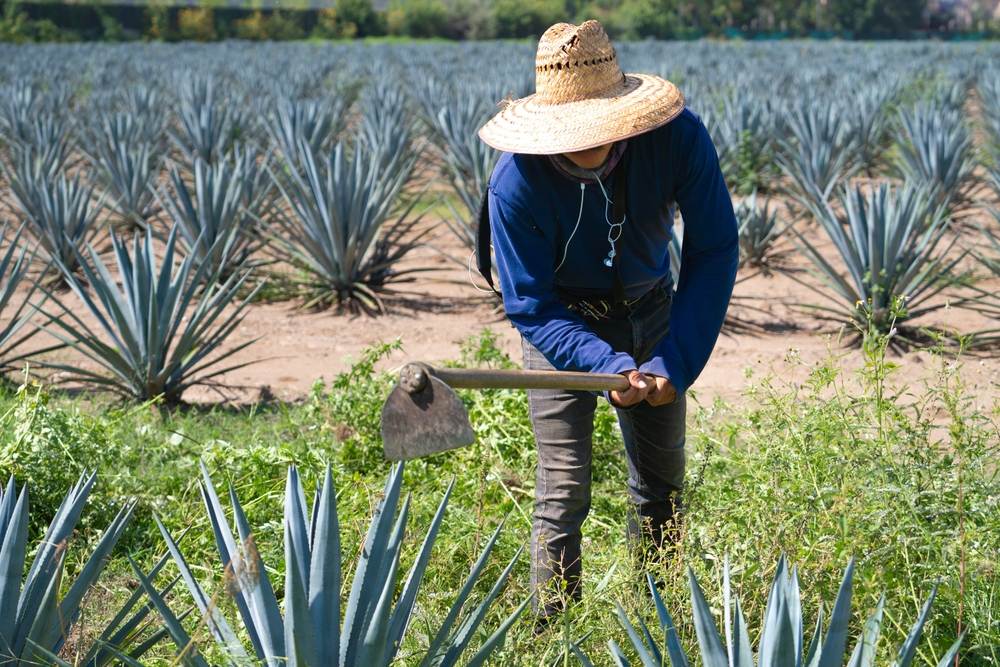The Environmental Impact of Agave Farming
The Environmental Impact of Agave Farming
Author
fotex
Share
Author
fotex
Share

Agave farming is gaining attention for its potential environmental benefits and challenges. This unique crop, often associated with producing tequila and other products, offers water conservation and soil health improvement advantages. However, it also presents difficulties like biodiversity loss and soil degradation. This article discusses the environmental benefits and challenges of agave farming, focusing on its impact on soil health and biodiversity.
Low Water Requirement
Agave farming is often praised for its potential to promote sustainable agricultural practices. One of the primary environmental benefits of agave farming is its low water requirement. Agave plants are adapted to arid environments and can thrive with minimal irrigation, making them an ideal crop for water scarcity regions. This resilience reduces the strain on local water resources, promoting a more sustainable agricultural model than water-intensive crops.
Improved Soil Health
Another significant benefit of agave farming is its positive impact on soil health. Agave plants have deep root systems that help prevent soil erosion by stabilizing the soil. Additionally, these roots enhance soil structure and promote moisture retention and nutrients. By improving soil health, agave farming can increase agricultural productivity and resilience against climatic variations.
Impact on Biodiversity
Despite its benefits, agave farming also presents some environmental challenges. One of the primary concerns is the impact on biodiversity. Large-scale monoculture farming of agave can lead to a reduction in biodiversity, as it often involves clearing natural habitats to make way for agave plantations. This habitat loss can threaten local flora and fauna, disrupting ecosystems and reducing biodiversity.
Soil Depletion and Degradation
Moreover, the intensive farming practices associated with agave cultivation can lead to soil depletion and degradation. Continuous agave cultivation without proper soil management practices can exhaust soil nutrients, reducing fertility. This challenge highlights the need for sustainable farming practices, such as crop rotation and organic fertilization, to maintain soil health and productivity.
In conclusion, agave farming offers numerous environmental benefits, including water conservation and improved soil health. However, it also poses challenges such as biodiversity loss and soil degradation. To maximize the benefits and mitigate the challenges, adopting sustainable farming practices that balance agricultural productivity with environmental conservation is essential.
The Environmental Impact of Agave Farming
We can support fellow farmers in adopting dryland farming practices by encouraging the planting of agave varieties. The environmental impact of Agave farming is significant, with benefits such as water conservation and improved soil health, as well as challenges like biodiversity loss and soil degradation. Contact us today to learn more about our products, services, and sustainable farming practices. Let’s cultivate a brighter future together, one agave at a time. Contact us today by clicking here

